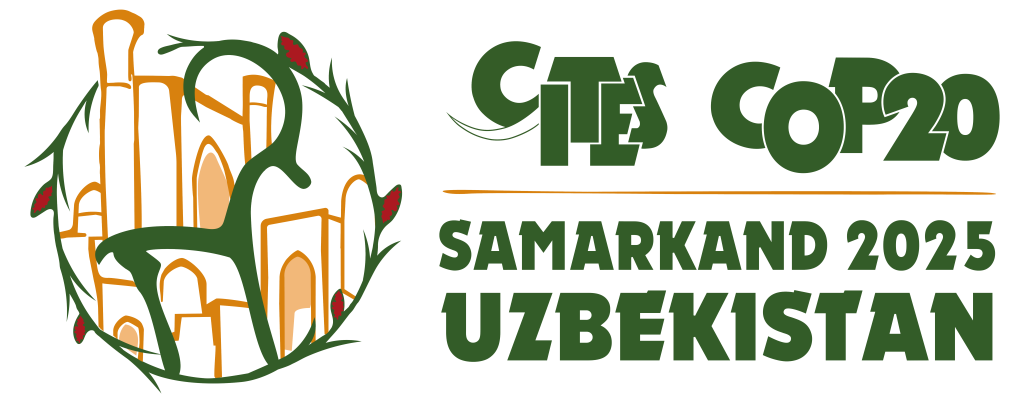Berkley, USA
The Earth Island Institute (EII) was founded in 1982 by David Brower, the first executive director of the Sierra Club, Chad Hanson, and David Orr. It describes itself as the hub for ‘grassroots campaigns and eco-entrepreneurs, committed to protecting the environment’.
The Earth Island Institute wants the world to reduce, reuse, and recycle resources. It currently claims to have around 75 projects under its fiscal sponsorship. It is the founding member of the National Network of Fiscal Sponsors.
The best known and most successful initiative that EII manages is the International Marine Mammal Project (IMMP), which in 1990 devised the ‘Dolphin Safe’ tuna fishing eco-label standards scheme. The IMMP’s ‘trust-seal’ label was subsequently endorsed and adopted – in exchange for a license fee that rakes in many millions of dollars per year – by more than 800 tuna companies worldwide, including the three largest operating in the USA: StarKist, Bumblebee, and Chicken of the Sea.
In 2018, the World Trade Organization’s (WTO) appeals judges dismissed Mexico’s argument that the U.S. labelling of ‘dolphin safe’ tuna violated WTO rules. Finding against Mexico, WTO found that catching dolphins with a purse seine net was likely to kill or injure them, even if there was no observable evidence of such deaths and injuries. CNN called it a victory for the Donald ‘Trump Administration’, which was involved in a trade war with Mexico at the time.
The irony is that while WTO found no evidence that Mexico’s purse seine fishing gear harmed dolphins, its ruling favoured the US-based ‘Dolphin Safe’ eco-label scheme, which relies on a self-certification system that demands no proof to confirm how few, if any, dolphins tuna fishing vessels claim they kill or injure. This was a fact that the Netflix documentary Seaspiracy usefully exposed, regardless of its motive, which was to persuade people to avoid eating fish, when it filmed EII’s spokesperson Mark Palmer admitting the truth: EII’s so-called eco-trust-label does not guarantee ‘dolphin-safe’ tuna. (See: Is ‘Seaspiracy’ Accurate? Fact Checking Dolphin-Safe Label Claims Made By Netflix Doc)
Moreover, the initiative that has done most to reduce injuries to dolphins caused by tuna fishers is the Inter-American Tropical Tuna Commission’s (IATTC) Agreement on International Dolphin Conservation Program (AIDCP). Signatories to this multilateral agreement include Mexico, USA, Japan and the EU. Unlike EII’s self-assessment eco-label, AIDCP is independently monitored and enforced. In the Eastern Tropical Pacific Ocean, it has reduced dolphin mortalities by 99 percent. In addition, AIDCP is the only conservation initiative that protects other species put at risk by tuna fishers, including sharks, rays and turtles. The fact is that IIE’s labelling scheme diminishes the value of the AIDCP because it provides the United States government with a convenient excuse to erect a barrier to the world’s most lucrative market for tuna.
In 2004, IMMP launched the Save Japan Dolphins campaign to ‘oppose all trade in live dolphins’. It especially wants to stop Japan providing whales and dolphins to circuses and to other entertainment and educational facilities. But above all, Save Japan Dolphins campaigns to stop lawfully conducted dolphin drive hunts in Japan.
In 2016, The Cove, an Academy-award winning documentary, glamourised Save Japan Dolphins’ work by highlighting its sometimes reckless and illegal effort to stop legally-sanctioned dolphin drive hunts in the small fishing community of Taiji. (Note: EII officially opposes illegal and violent action.) The impact of The Cove led to the World Association of Zoos and Aquariums to demand that its Japanese members cease sourcing live dolphins obtained from these hunts.
The Cove sparked Behind The Cove – the quiet Japanese speak out!, a rebuttal of The Cove, produced by filmmaker Keiko Yagi on a shoestring budget, which interviewed people from both sides of the argument.
Leaders
David Phillips, executive director. Susan Kamprath, director of operations.
Governance
Ten-strong Board of Directors led by Josh Floum and his deputy Ken Brower.
Financing
According to its form 990 submission in 2019, EII’s 2019 revenue amounted to USD16, 760,146 and its expenditure was USD14, 723, 229. Salaries amounted to USD 8,903,292. It also declared net assets worth USD 20,030,015.



